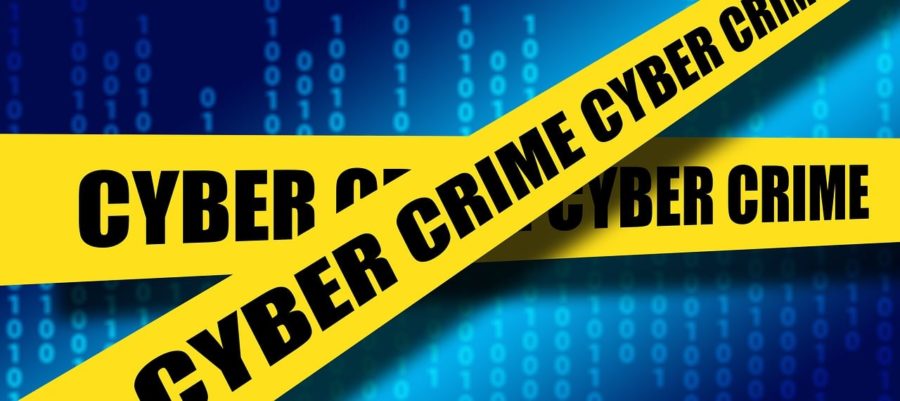As cyberattacks are on the rise, members of the public have been warned to be extra cautious when interacting online.
With an estimated 3,4 billion spam emails being sent each day, cyber security expert Grant Hughes says phishing remains the most common form of cybercrime:
“In terms of trends for the year, phishing social engineering still remains the top trend. There’s a stat that says 95% of all attacks are as a result of humans being targeted, so human error,” says Hughes.

Hughes, who works as the Principal Security Architect, at Engen, says there are a number of ways people can protect themselves:
“The first thing is to have a heightened awareness. Be aware that as things and promotions come up, cyber criminals will try to capitalize on that. Make sure that you adapt that level of skepticism, so if it’s too good to be true, it’s probably not. Be mindful of malicious links and attachments.
SUBMITTING SENSITIVE INFORMATION
And, if you were planning on filing this year’s tax return at a public internet cafe, think again.
The South African Revenue Service has also warned of criminals using links and texts where they pose as SARS in an effort to extract personal information and funds.
READ MORE: Online safety ahead of tax season
“When you’re doing your tax return or anything of a sensitive nature, use a trusted computer. Certainly don’t go to an internet café and do not use any free WI-FI networks. The other thing is, anything that is in use, whether it’s your banking app, SARS, or social media – use a strong password. The most common password used in the world in 2022, was actually the word “password”.
INCESSANT SPAM CALLS AND TEXTS
He adds there are also ways to protect yourself from unsolicited spam calls:

“Fortunately, we’ve got the information regulator, so they are the institution that will step in, in cases like this. Unsolicited marketing is definitely one of the things POPI is meant to protect us against. When you get these calls, you need to explicitly say to them “I do not consent to any further marketing”. You also need to ask there they got your details, and try to get the legal entity behind them because often it could be some small agency representing a big company. So try and get information in terms of who is calling you. Reiterate that you do not consent to further marketing and if it continues, you can lodge a complaint with the information regulator in South Africa,” concludes the cyber security expert.


